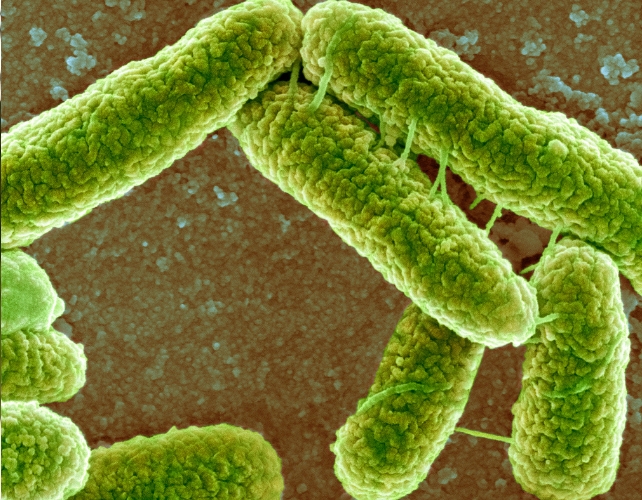The technology behind mRNA vaccines, which was originally developed for Covid-19 shots, helps the immune system recognize and fight cancer cells. These vaccines are thought to open up possibilities for a new generation of ready-made cancer treatments. Once inside the body, the mRNA trains the immune system to identify the differences between cancer cells and healthy cells, and then mobilizes it to eliminate the cancer cells.
Companies like BioNTech, Merck, and Moderna have been testing mRNA cancer vaccines in small trials worldwide, and the results have shown promise. Some vaccines are personalized for each patient using their genetic information, while others are more generic and targeting specific types of cancer. British patients are now taking part in an early-stage clinical trial for a vaccine called mRNA-4359, which will focus on safety and effectiveness.
The trial is targeted at individuals with advanced melanoma, lung cancer, and other solid tumor cancers. An 81-year-old participant in the trial, involved in the arm run by Imperial College London and Imperial College Healthcare NHS Trust, became the first UK person to receive the vaccine at Hammersmith Hospital in late October. He, from Surrey, chose to participate in the trial as his malignant melanoma skin cancer was not responding to other treatments.
The vaccine will be tested on its own and in combination with an approved immunotherapy treatment called pembrolizumab, also known as Keytruda. The trial called Mobilize aims to recruit between 40 and 50 patients globally, including in London, Spain, the US, and Australia. Dr. Kyle Holen, head of development, therapeutics and oncology at Moderna, believes that the vaccine may have the potential to treat various cancers, such as head-neck cancer, bladder cancer, and kidney cancer, in addition to melanoma and lung cancer.
Dr. David Pinato, consultant medical oncologist at Imperial College Healthcare NHS Trust, explained that cancer vaccines differ from immunotherapy in that they provide more specific instructions to the immune system to target cancer cells. The mRNA technology, he pointed out, enables the body to produce these specific instructions, making the immune system even more active. He noted that the vaccine being tested is a “ready-made” vaccine, as opposed to being personalized for each patient, and it targets specific traits across a range of tumors.
Dr. Pinato also acknowledged that it remains unclear why some patients respond positively to immunotherapy and cancer vaccines while others do not. He suggested that the complex interaction between the tumor and the immune system may play a role in the varying responses. Professor Peter Johnson, NHS national clinical director for cancer, highlighted the importance of access to groundbreaking trials for patients, offering hope and paving the way for thousands more to take part in future cancer vaccine trials.
Health and Social Care Secretary Victoria Atkins emphasized the potential of the vaccine to save lives and revolutionize cancer treatment with more effective and less toxic therapies.














